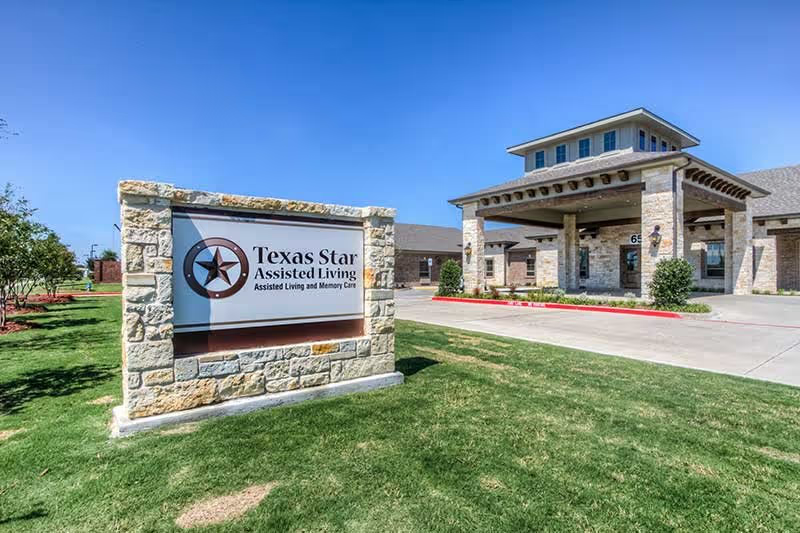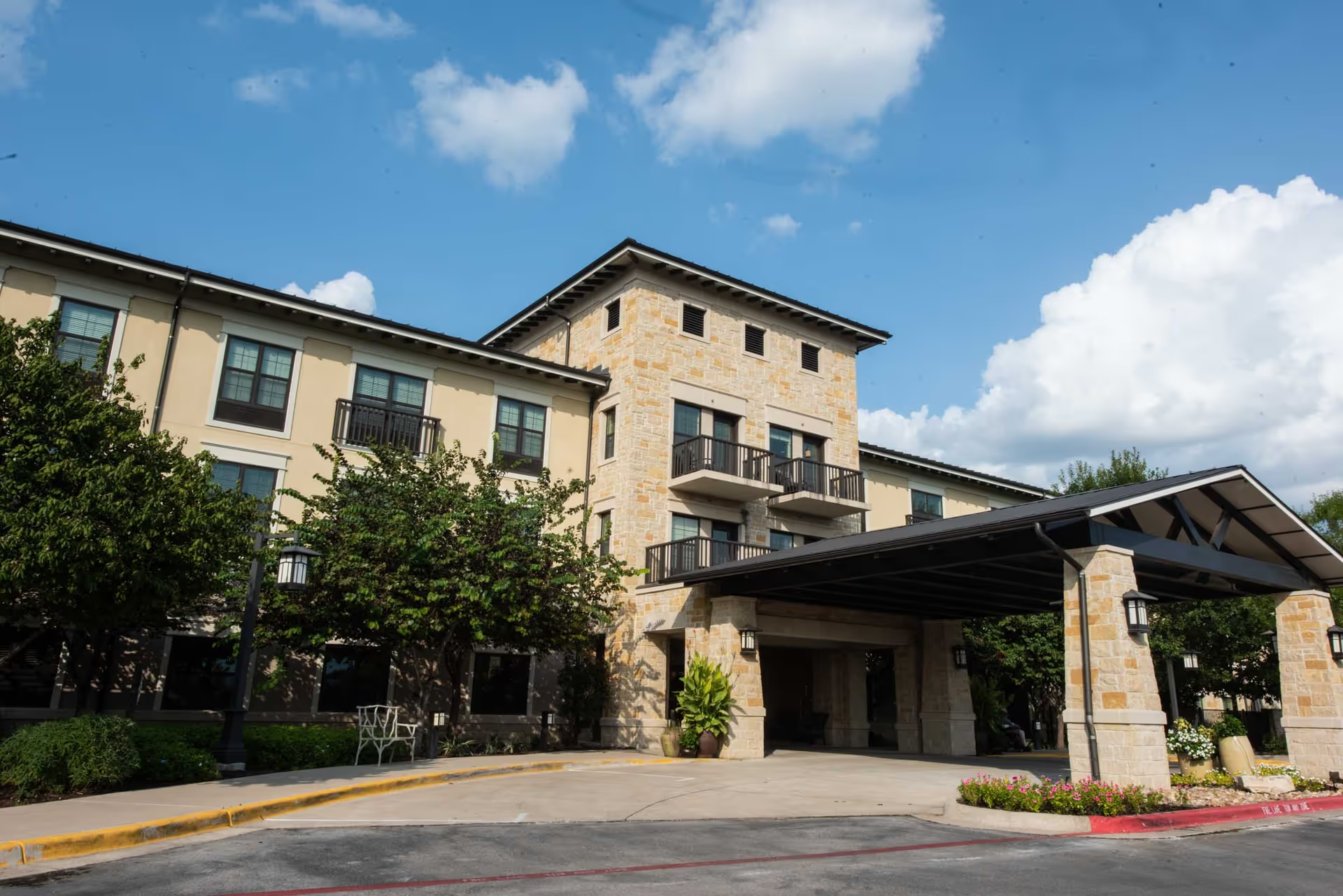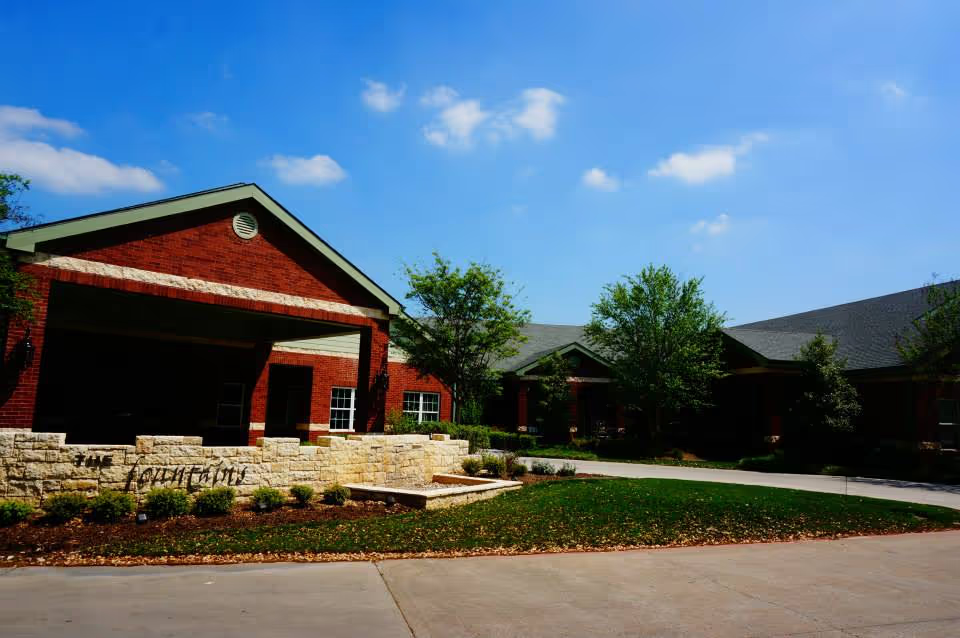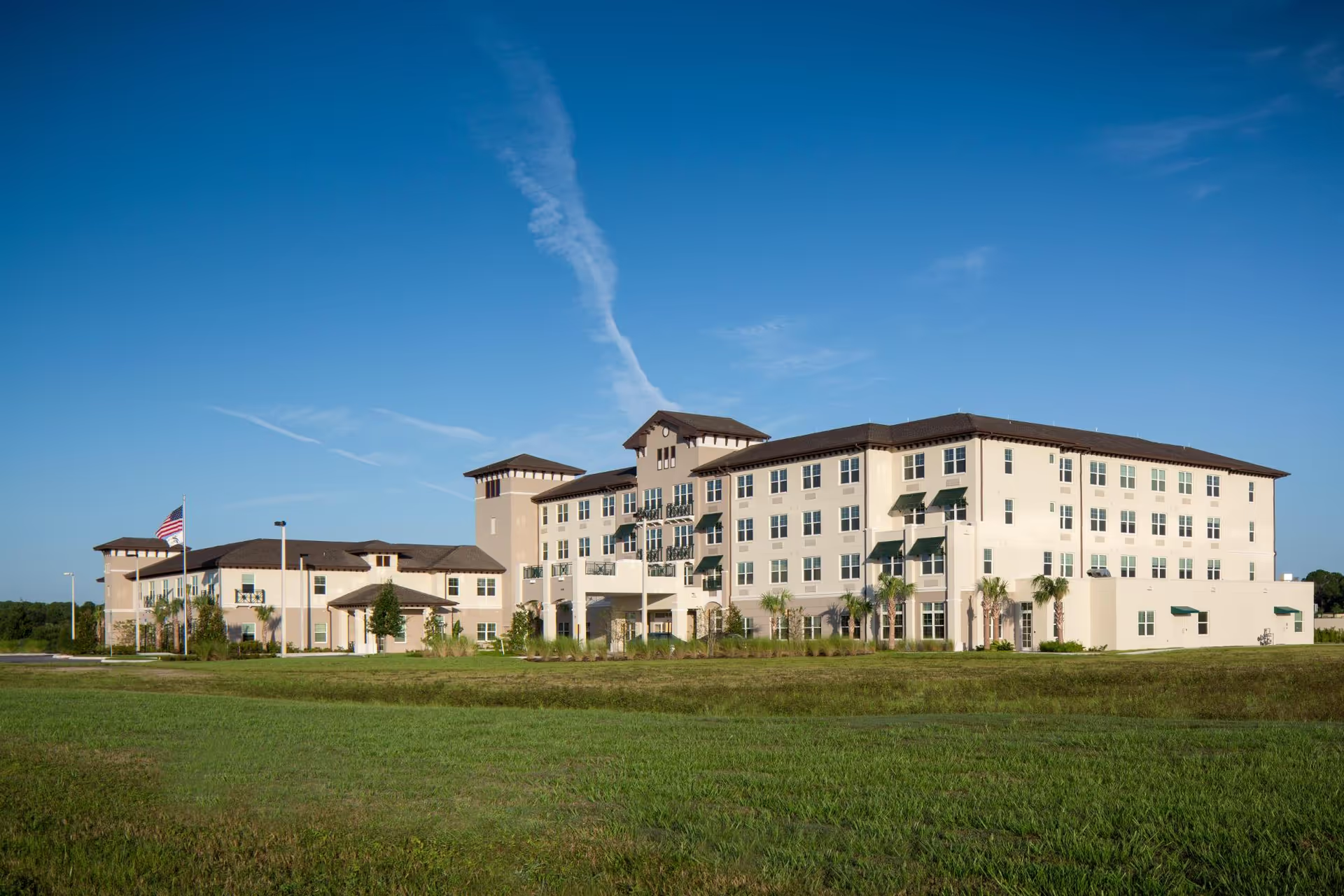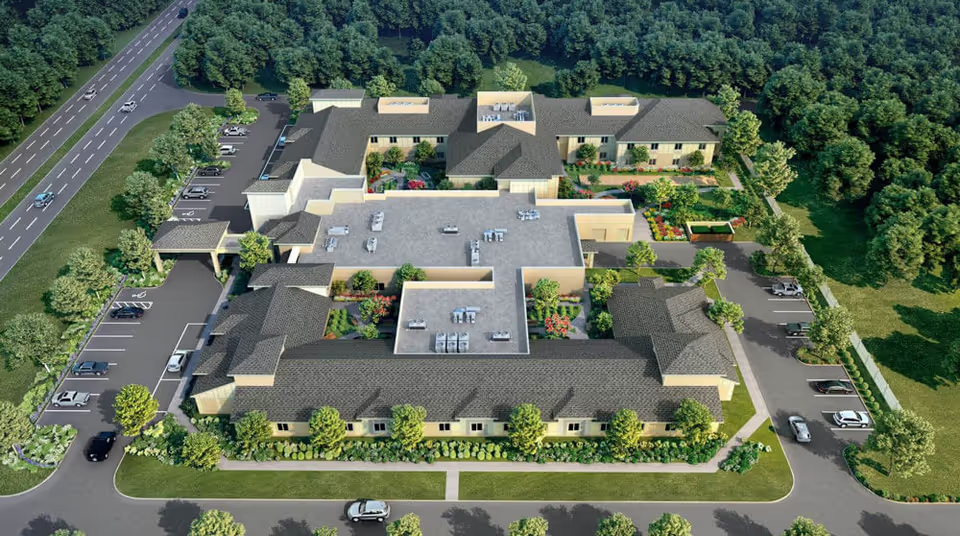Overall sentiment in the reviews for Brookdale Lafayette is broadly positive around direct care, community life, cleanliness, and amenities, with recurring concerns focused on memory-care-specific practices, staffing levels, management consistency, and cost. A large number of reviewers praise the warmth and dedication of caregiving staff, the cleanliness of the building, the attractiveness of dining and activity spaces, and a robust calendar of social and religious activities. Many families report improvements in residents’ socialization, physical activity, and general wellbeing after moving in; specific strengths repeatedly noted include restaurant-style dining, daily meals and snacks, an active activities program (exercise classes, bingo, live music, outings), on-site salon and library, and a family-oriented culture that encourages family participation.
Care quality and staff: The dominant positive theme is that direct-care staff are compassionate, attentive, and personally engaged with residents. Numerous reviewers describe staff who "know" residents and families, respond to needs, and create a home-like atmosphere. Management and administrative staff also receive praise in many accounts for helping with transitions and paperwork, and for being available and communicative. Medical oversight is present (daily vitals, medical checks, optional on-site doctor rounds), and several reviewers credit Brookdale Lafayette with improving residents’ health and activity levels. However, there are important caveats: multiple reviews describe under-staffing (particularly in the memory care nights), overworked employees, and inconsistent levels of clinical skill—especially in dementia care. Several reviewers explicitly note staff difficulties de-escalating dementia-related behaviors, and some say the memory-care unit lacks sufficient Alzheimer’s-specific expertise.
Memory care specifics: Reviewers consistently point out that the Clare Bridge/memory care unit is secure and locked to prevent wandering, which families appreciate for safety. At the same time, a common criticism is that memory-care residents are often excluded from the broader assisted-living activity offerings; activities may take place primarily on the assisted-living side while the memory unit has limited programming and outdoor courtyard amenities. Several reviews say rules and policies in memory care vary by management (mask policies, medication-in-room prohibitions), and some allege a liability-first approach that restricts resident choice. Significant safety and care concerns are raised by a subset of reviewers about the memory unit: reports include incidents of combative new residents, police involvement, hospitalizations, bruising, and allegations of improper medication practices. While these are not universal complaints, they are recurring and notable given the vulnerability of residents in memory care.
Facilities, rooms, and renovations: Many reviews describe Brookdale Lafayette as clean, well-maintained, and attractive, with some renovated and updated common areas and renovated private rooms featuring wood flooring. Amenities such as the salon, activity room, library, TV room, and outside patio areas are repeatedly praised. At the same time, reviewers often note that the facility is older (a 70-year-old building in some comments) and that renovations are ongoing; this produces mixed impressions—some rooms are newly remodeled and upscale, others are dated, unfurnished, or in-progress. Typical room configurations are studio-style apartments; while many find them adequate, a substantial number of reviewers say rooms are small, lack bathtubs, or have motel-style HVAC units. Accessibility issues were mentioned (small laundry, closet bars, heavy doors) and front-door staffing lapses were occasionally reported (unmanned arrival).
Dining and activities: Dining is a strong positive in many reviews: a restaurant-like dining room, large portions, dietary accommodations, and a gourmet chef are frequently praised. That said, some reviewers report inconsistency—meals sometimes arriving not hot, repetitive menus, or limited choices for particular dietary needs. Activities are generally cited as plentiful and well-run, including exercise, games, crafts, live music, off-site trips, and faith services. Positive effects on residents’ mental and physical health from these programs are commonly mentioned. A few reviewers, however, flag that activities are not always accessible to visually impaired or memory-care residents, which reduces inclusivity.
Management, communication, and fees: Many families commend administrative staff for helpful transition support, clarity during tours, and availability to answer questions. Conversely, some reviewers describe inconsistent management, curt front-desk interactions, or a need for different leadership (e.g., criticism of a care director). Pricing is frequently described as high or expensive; some reviews note that pricing is all-inclusive while others describe additional charges (one reviewer cited an $800 behavior-modification fee) and express concern about negotiability and value. Communication patterns appear mixed overall—many reviewers report good, proactive communication from staff, but others experienced lapses, ignored sign-in steps, or unsatisfactory responses to issues.
Safety, incidents, and staffing patterns: While many reviews emphasize a generally safe environment and effective pandemic handling, a non-trivial subset raises serious safety concerns. These include allegations of resident injuries, police involvement, hospitalizations, and even claims of inappropriate medication use. Understaffing, especially at night in the memory unit, is a recurring theme linked by reviewers to delayed responses and safety vulnerabilities. Some complaints also mention broken items in rooms and maintenance delays. These reports are less common than the positive themes but are significant because they relate directly to resident safety and the facility’s capacity to manage higher-acuity or behaviorally complex residents.
Value and final impression: Reviews show a pattern of overall satisfaction for many families—particularly those whose needs match Brookdale Lafayette’s assisted living and memory care model (non-skilled nursing). The facility is repeatedly recommended for its caring staff, active community life, and clean environment. However, prospective families should weigh costs, the need for specialized Alzheimer’s/dementia care, the physical size/layout of rooms, and the potential for staffing or management variability. If a loved one requires skilled nursing or intensive dementia programming, reviewers suggest confirming service capabilities before committing. Additionally, visitors should ask specific questions about memory-care programming access, staffing ratios (nights and weekends), incident reporting, extra fees, and the timeline for any ongoing renovations.
In summary, Brookdale Lafayette receives strong praise for its compassionate direct-care staff, active social programs, attractive dining, and clean, homey environment; these strengths translate into measurable improvements in resident engagement and wellbeing for many families. At the same time, recurring concerns about memory-care programming inclusivity, dementia training and de-escalation skills, understaffing, occasional safety incidents, management inconsistency, and high/opaque costs are important caveats. Families considering Brookdale Lafayette should visit, ask targeted questions about memory-care practices and staffing, review recent incident trends and policies, and verify financial terms to ensure the community is the right fit for their loved one’s clinical and social needs.
